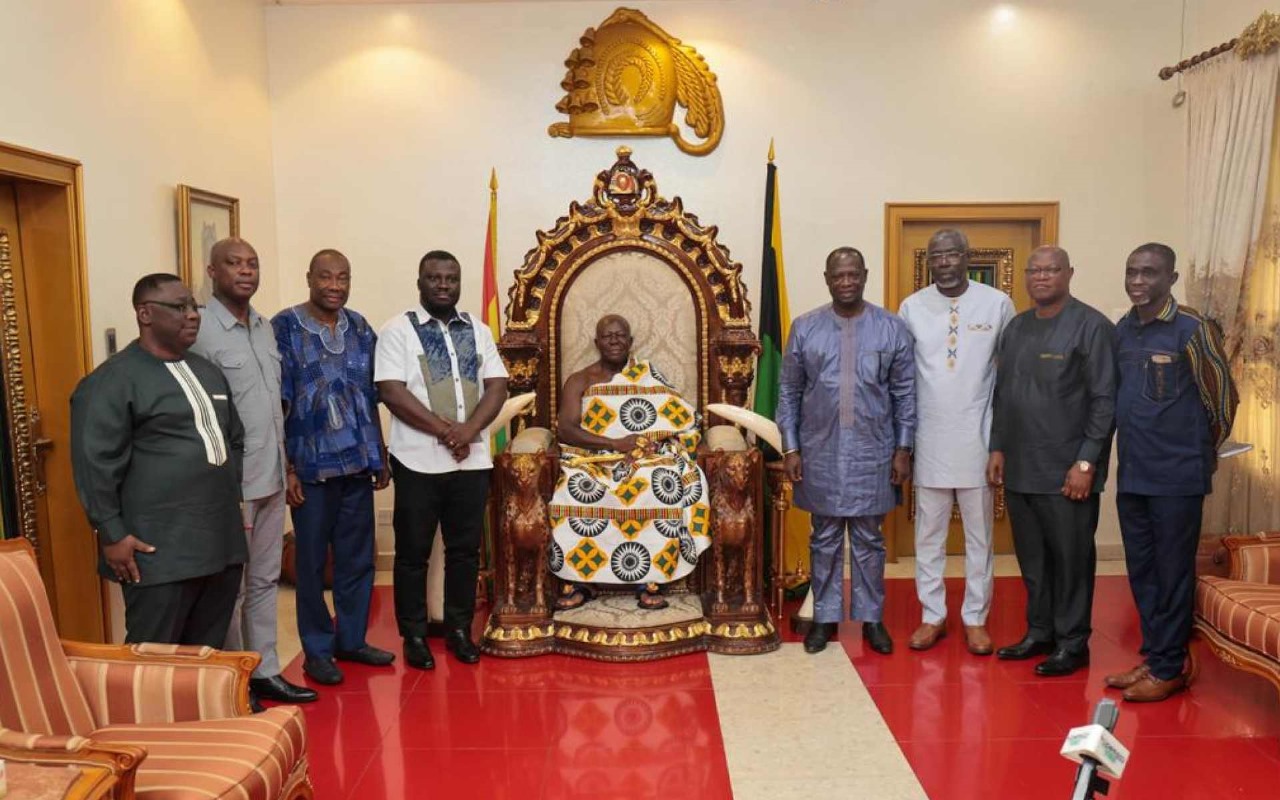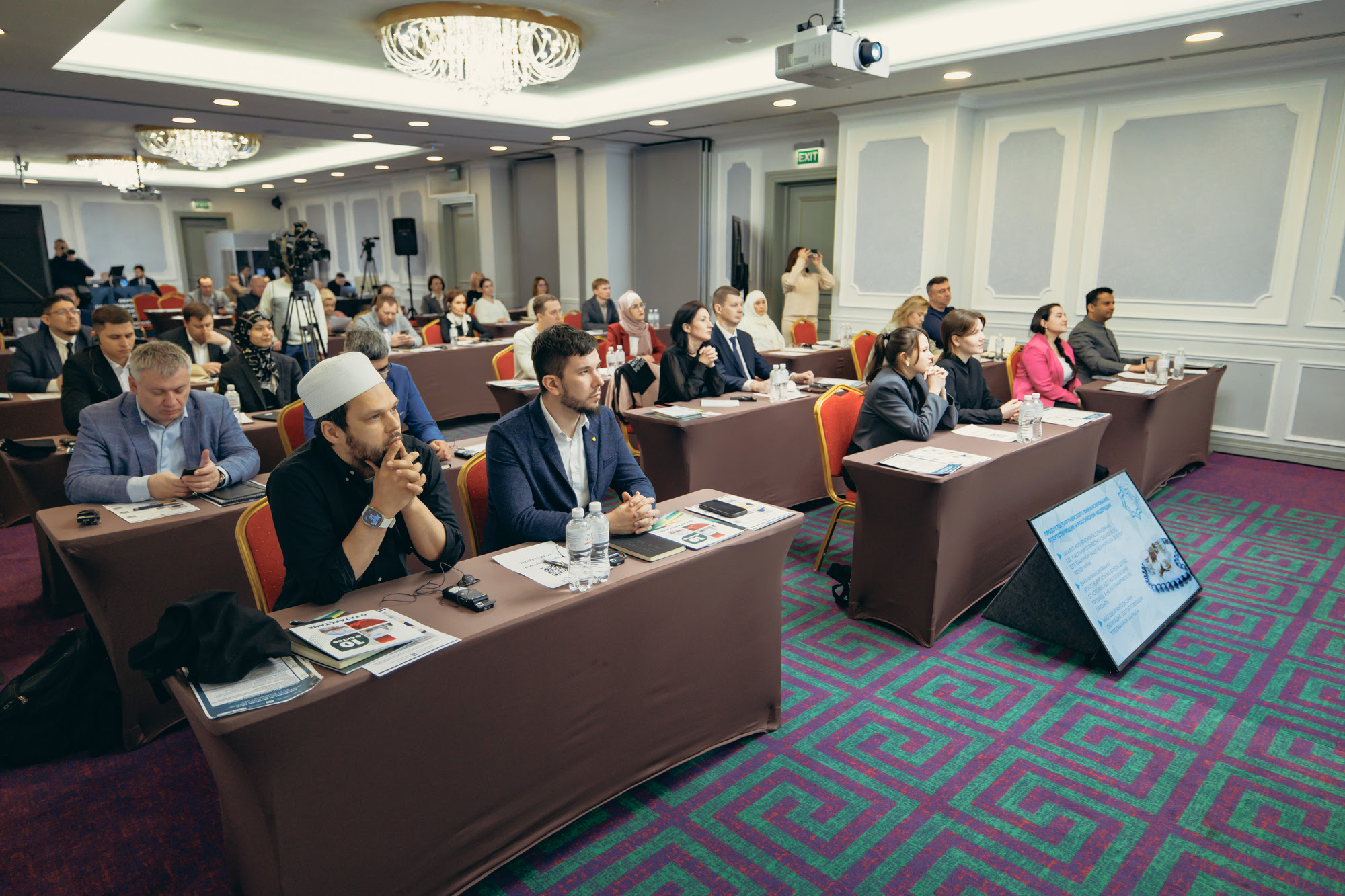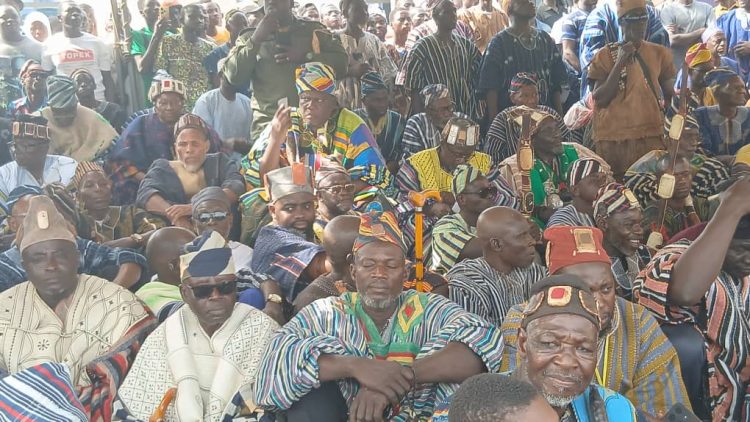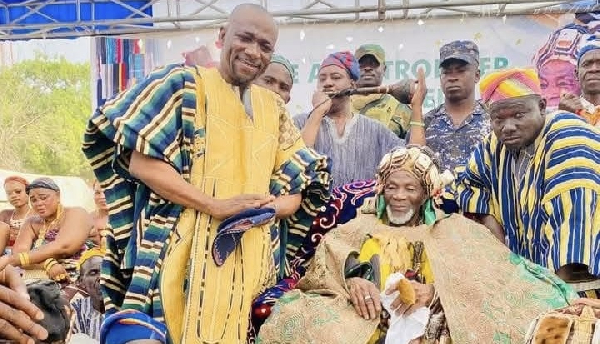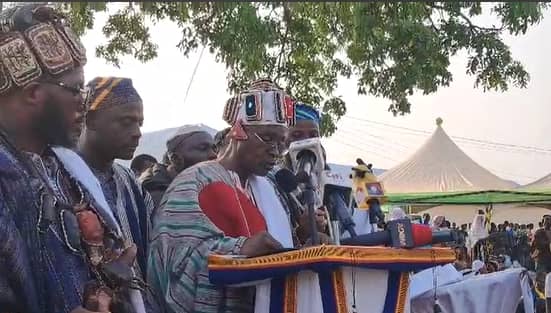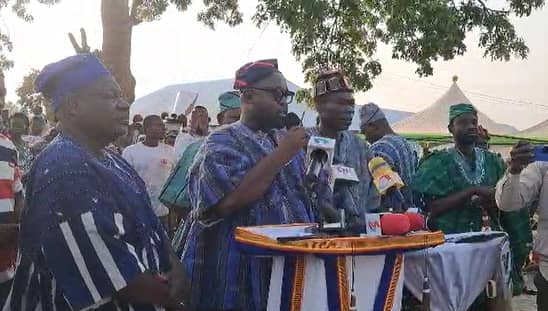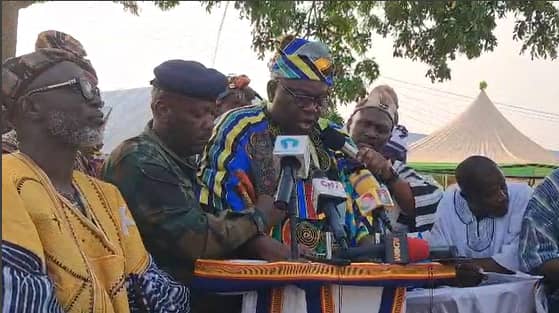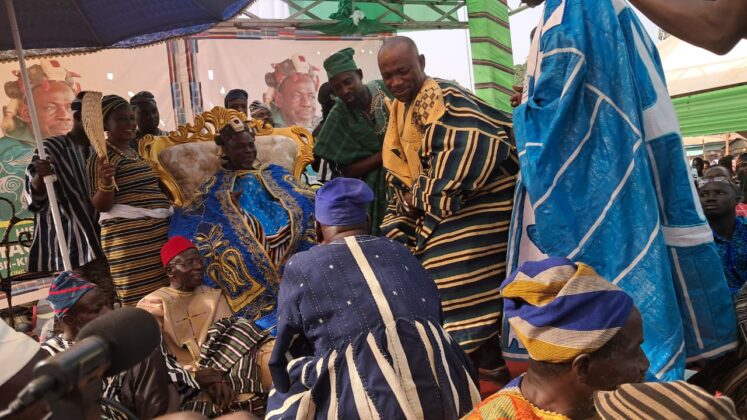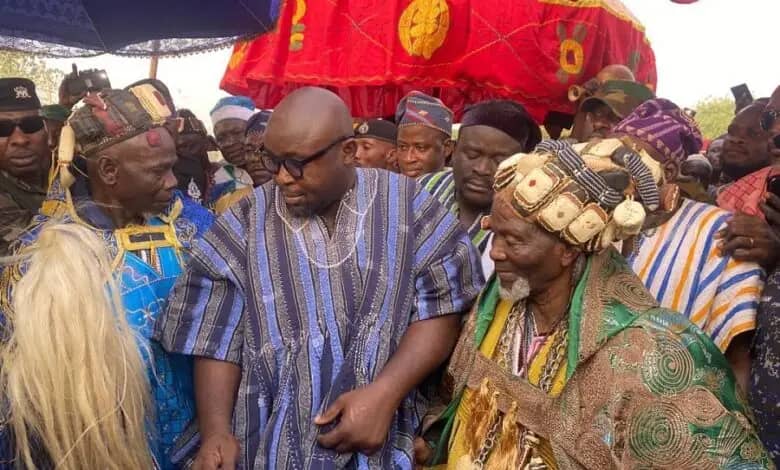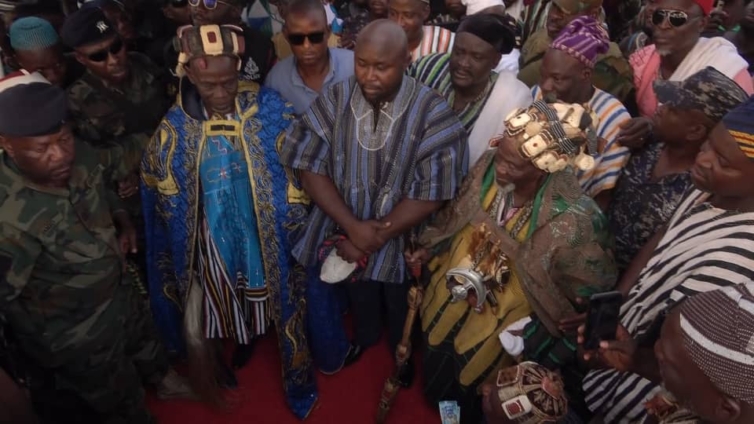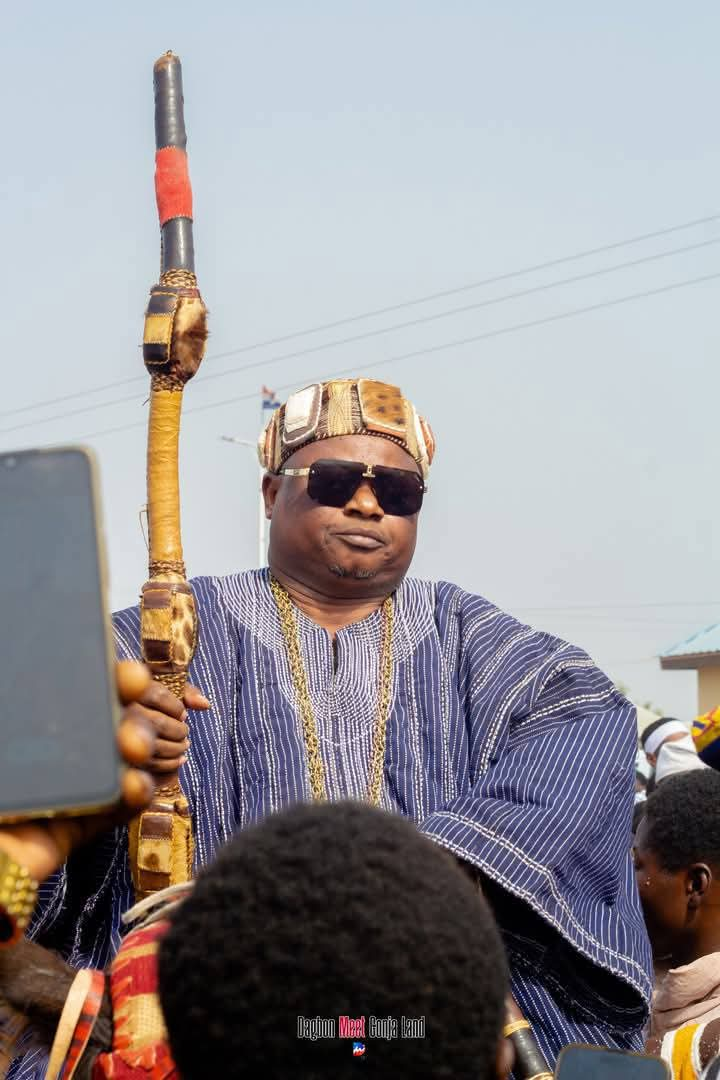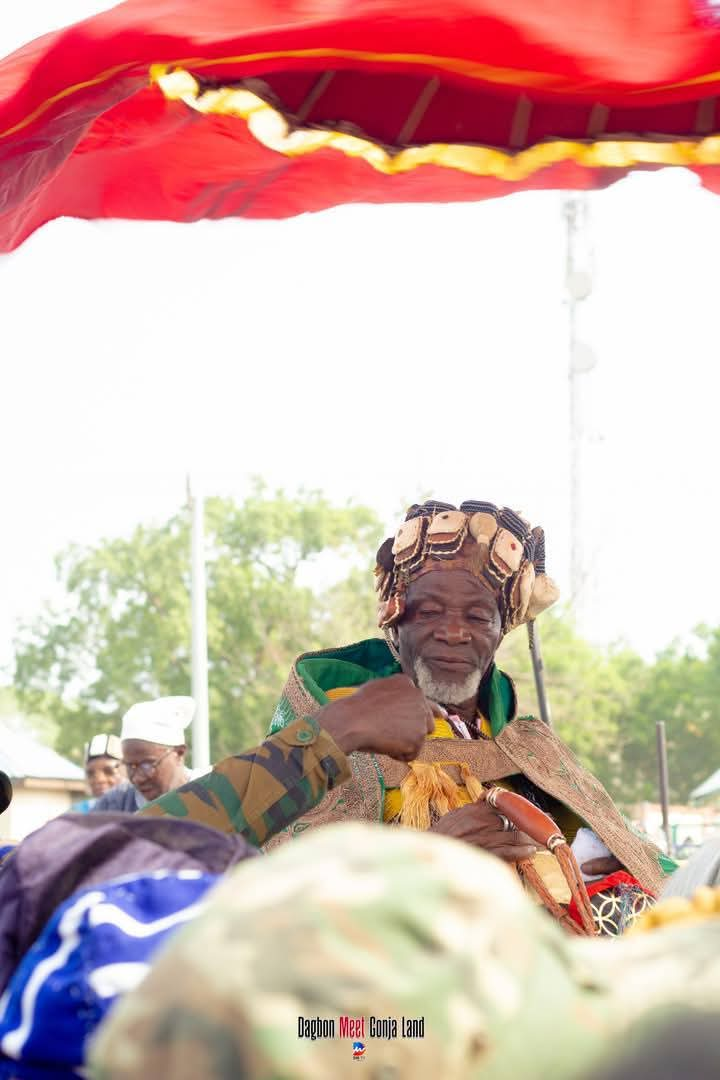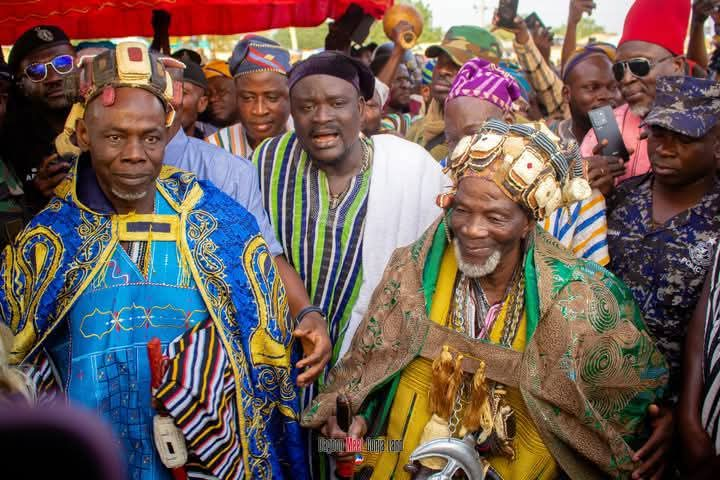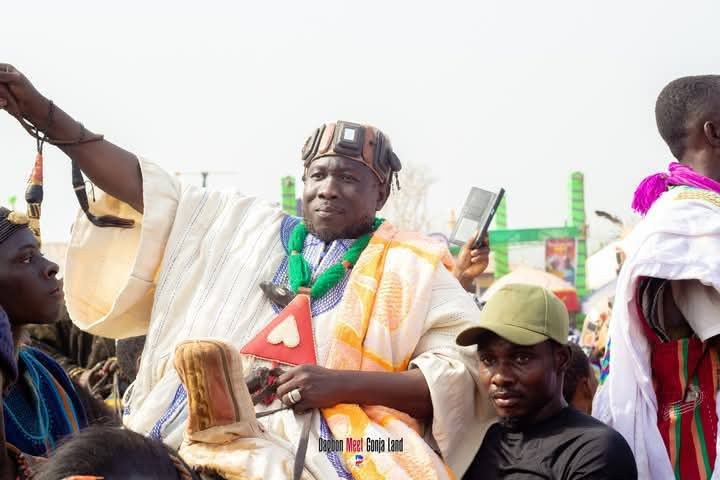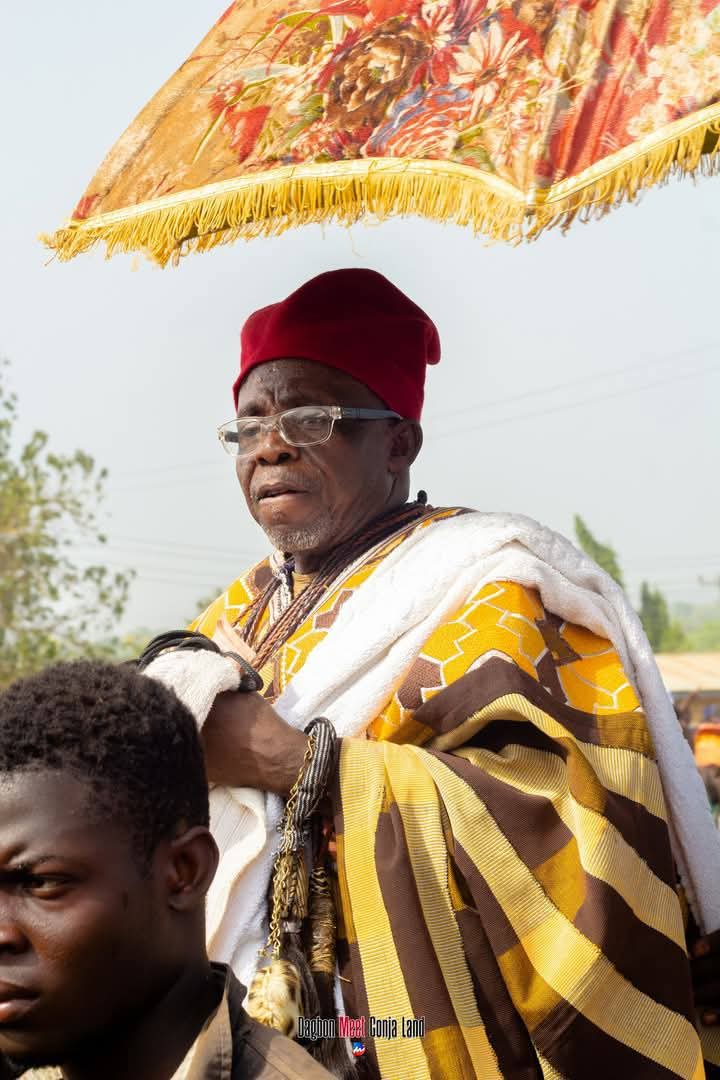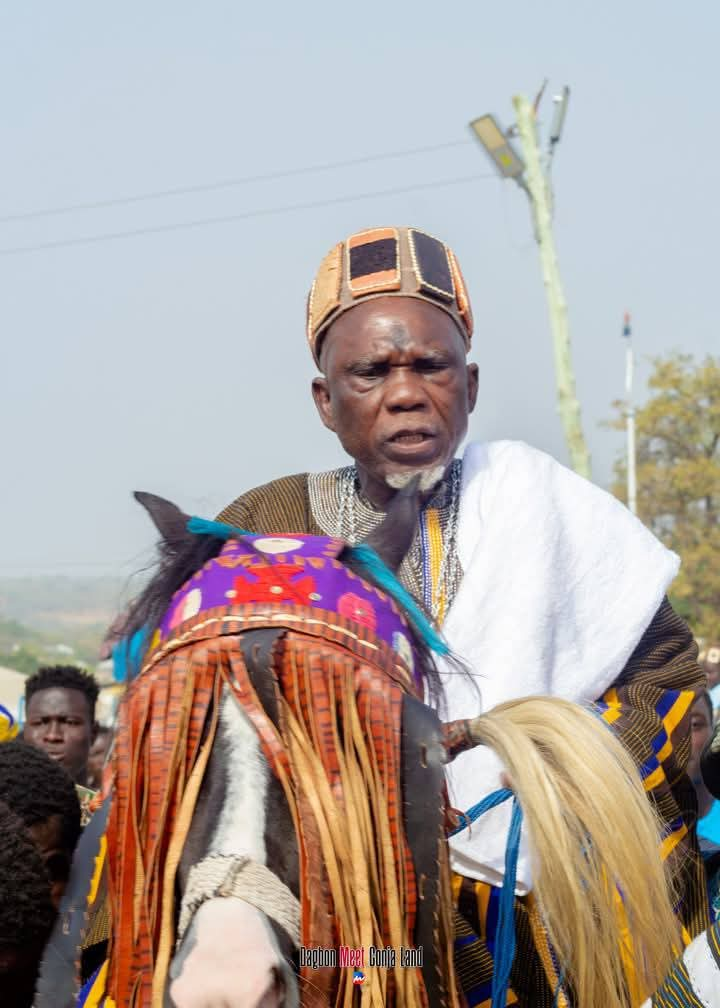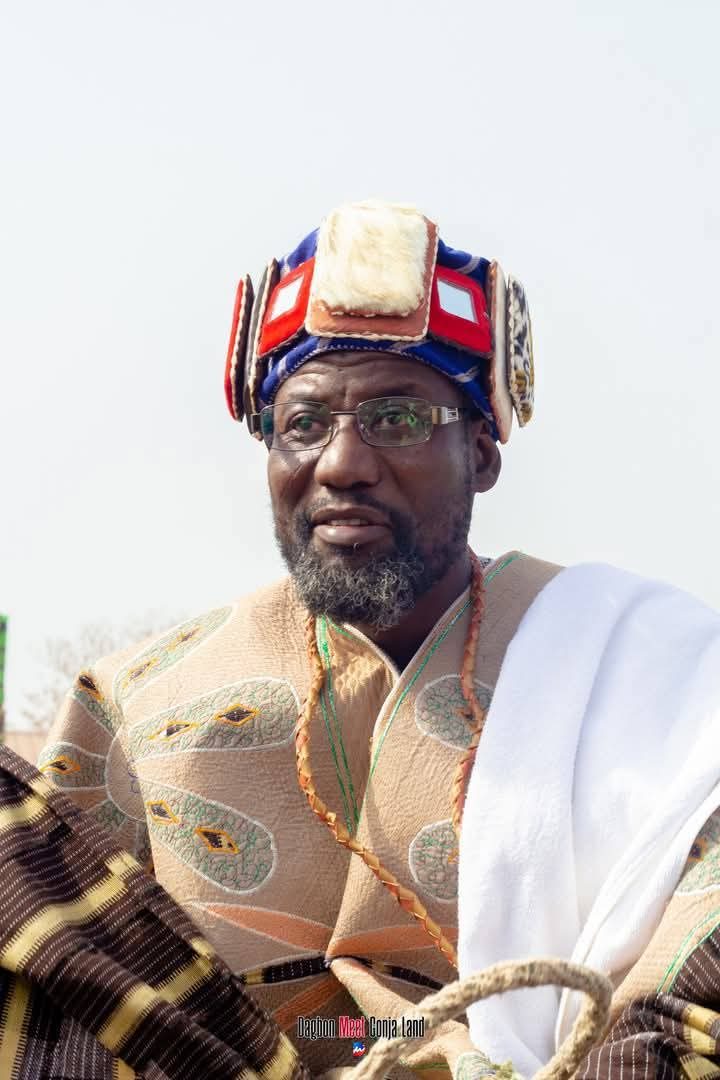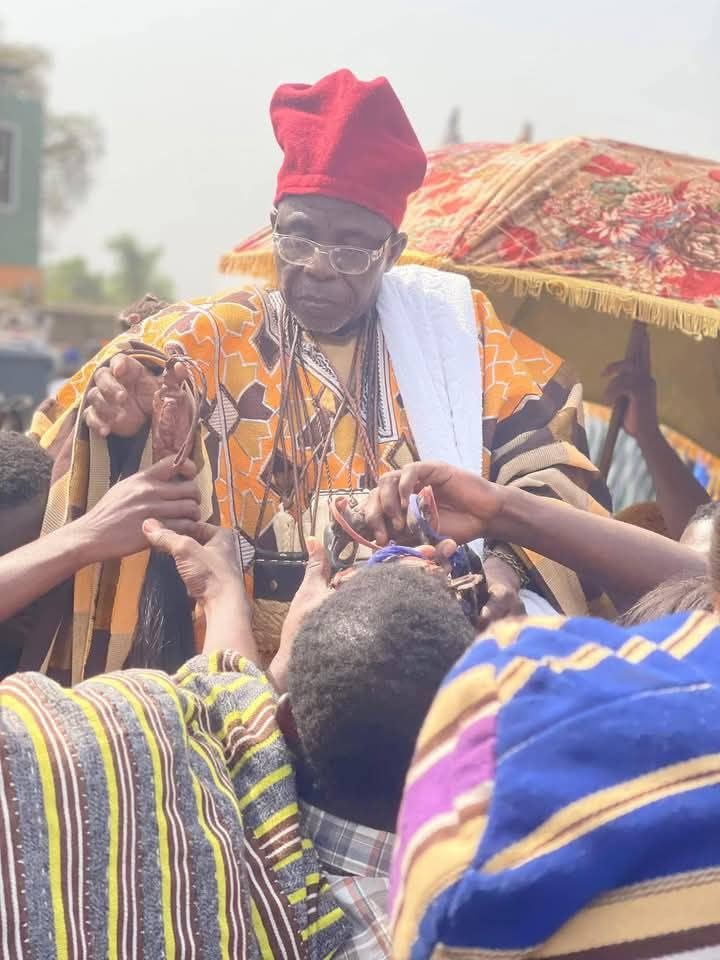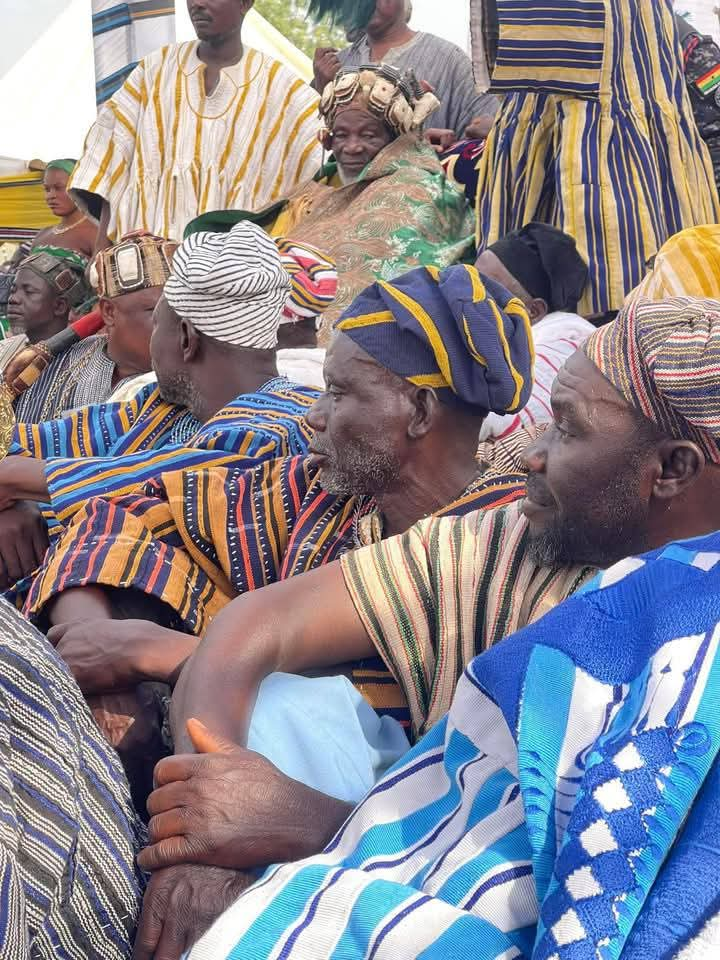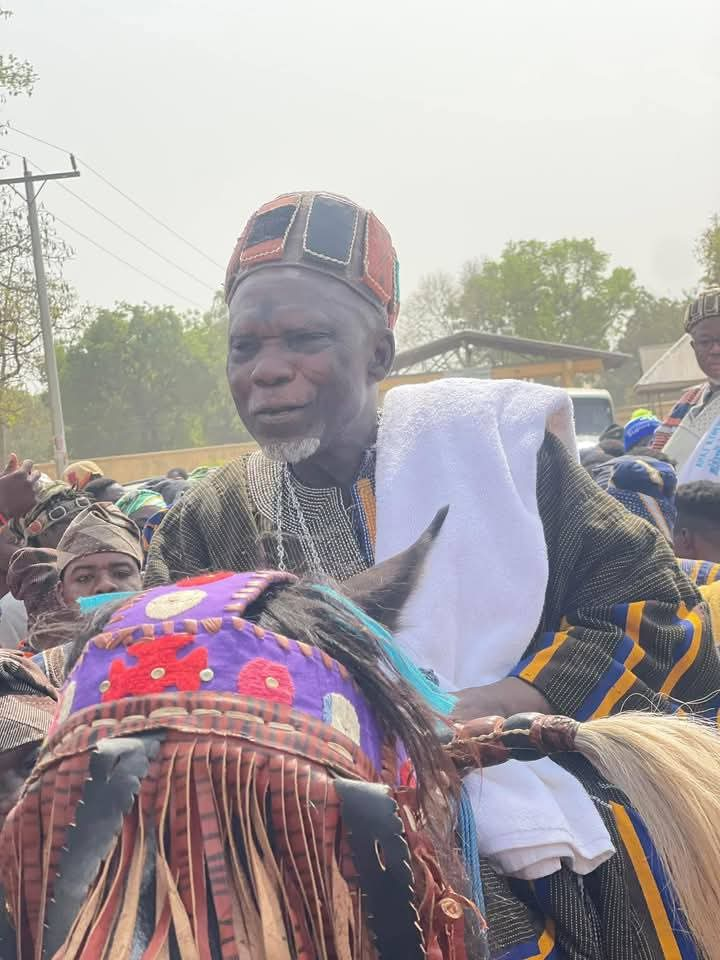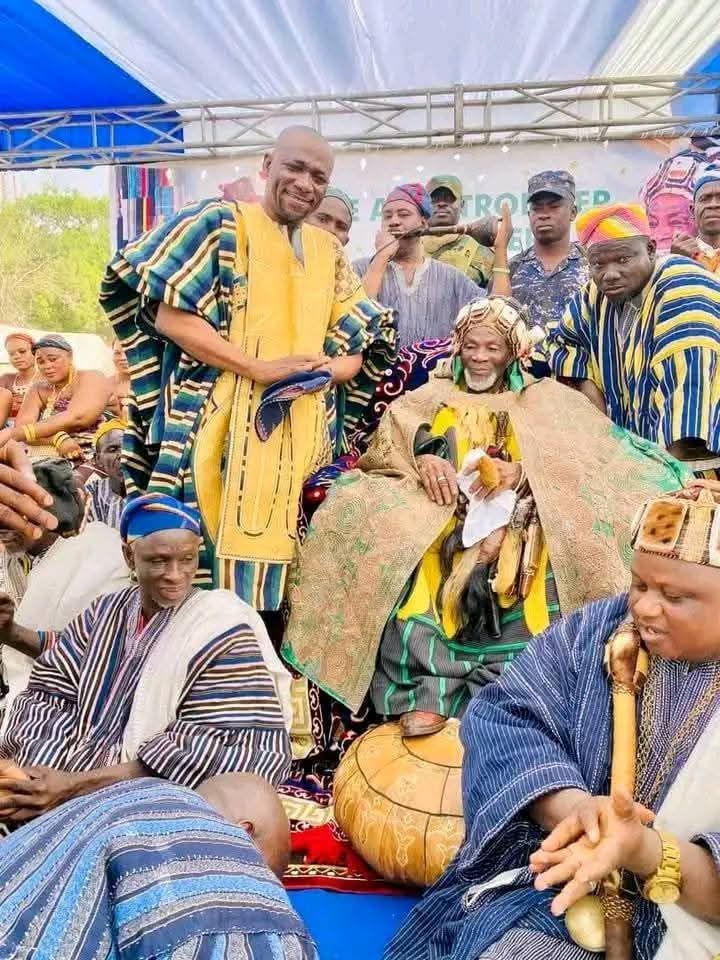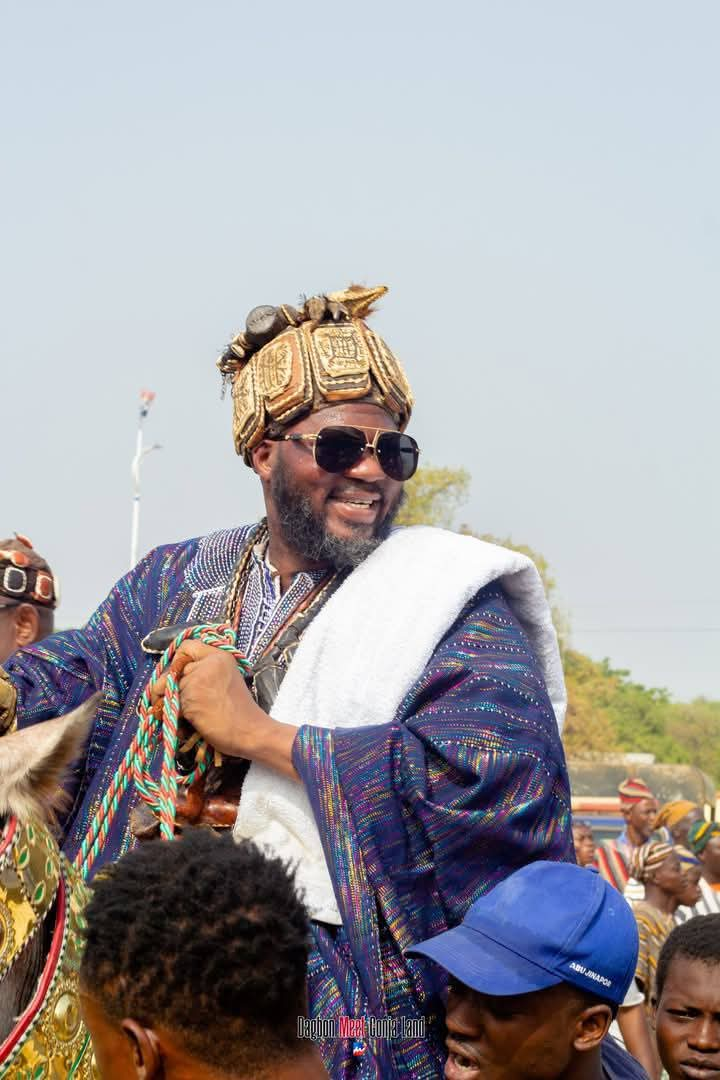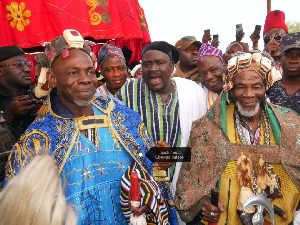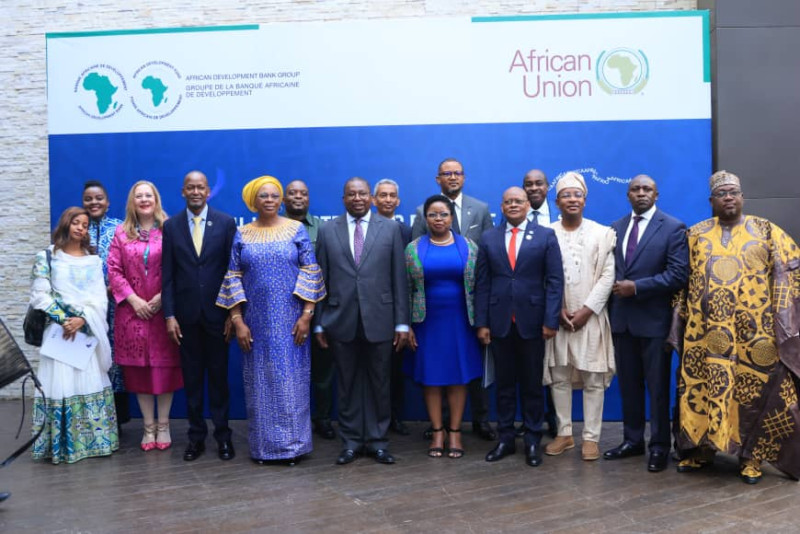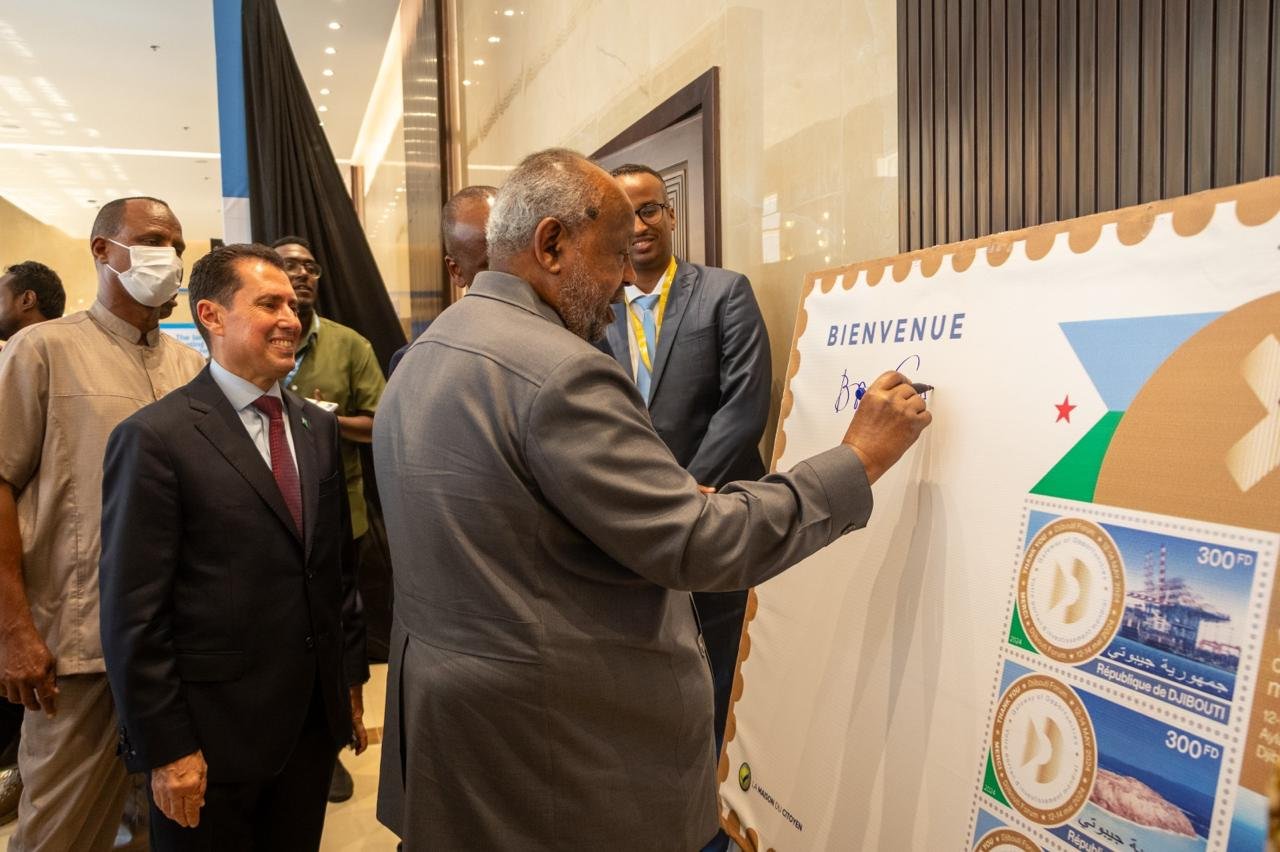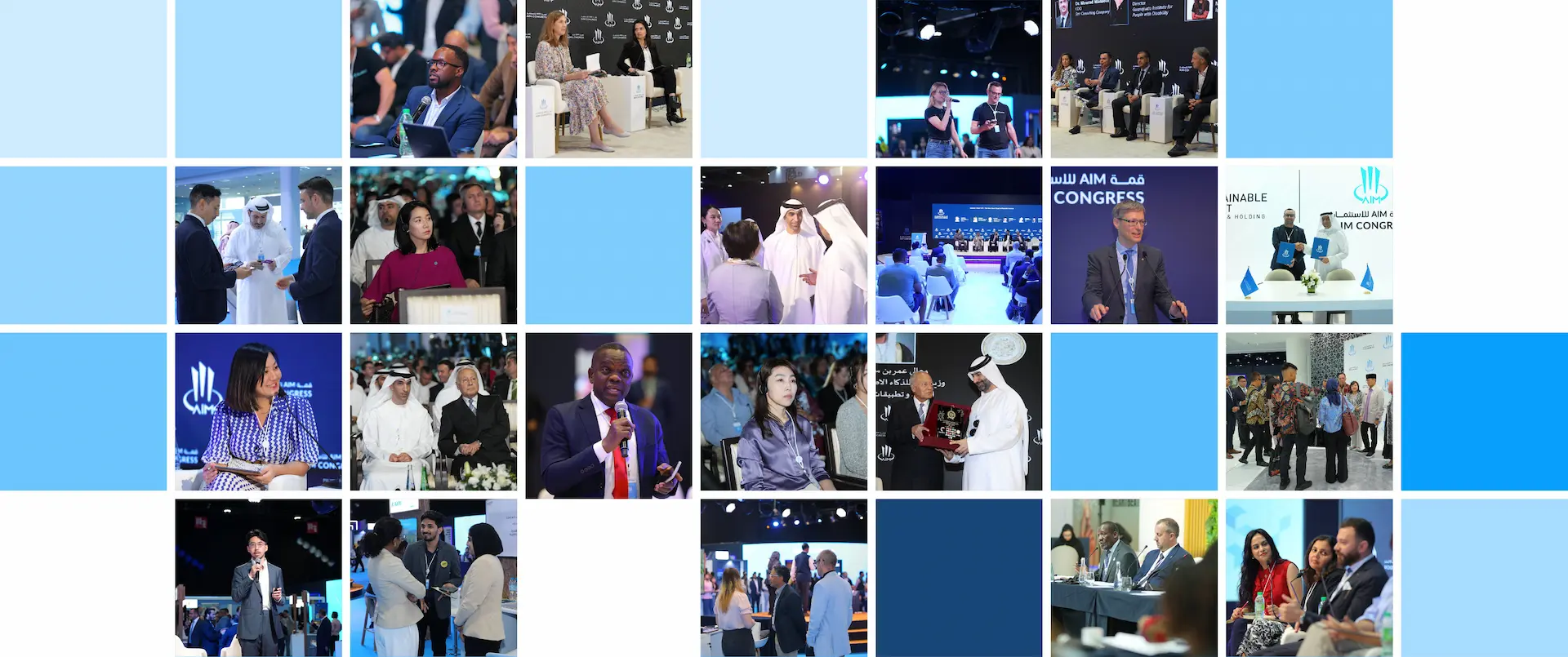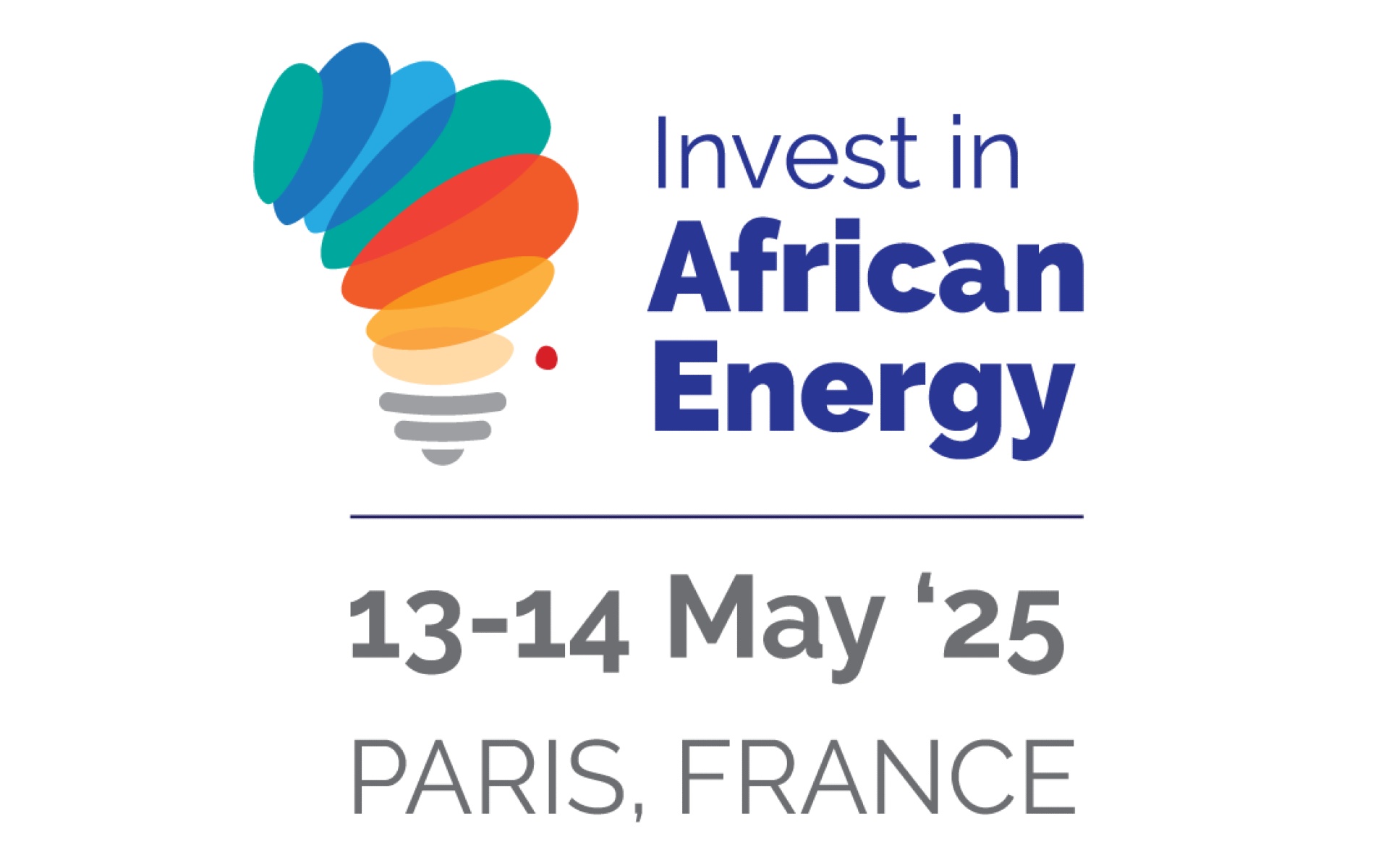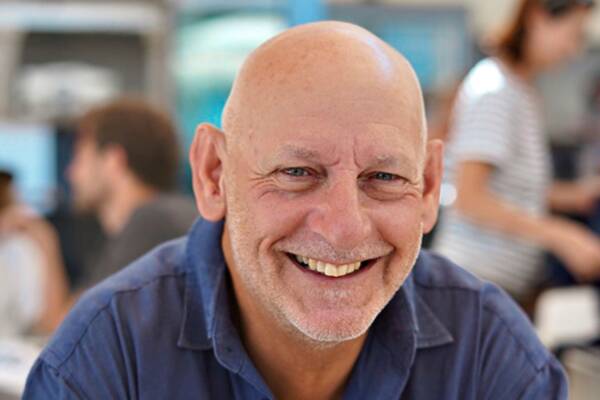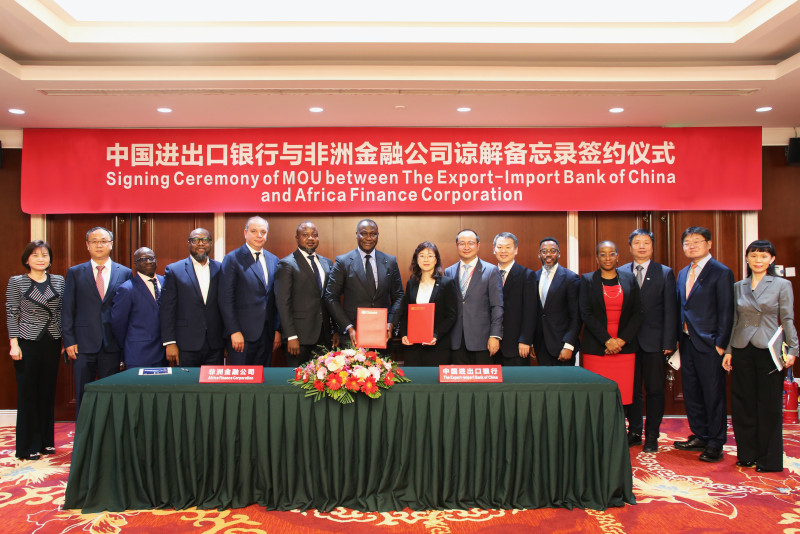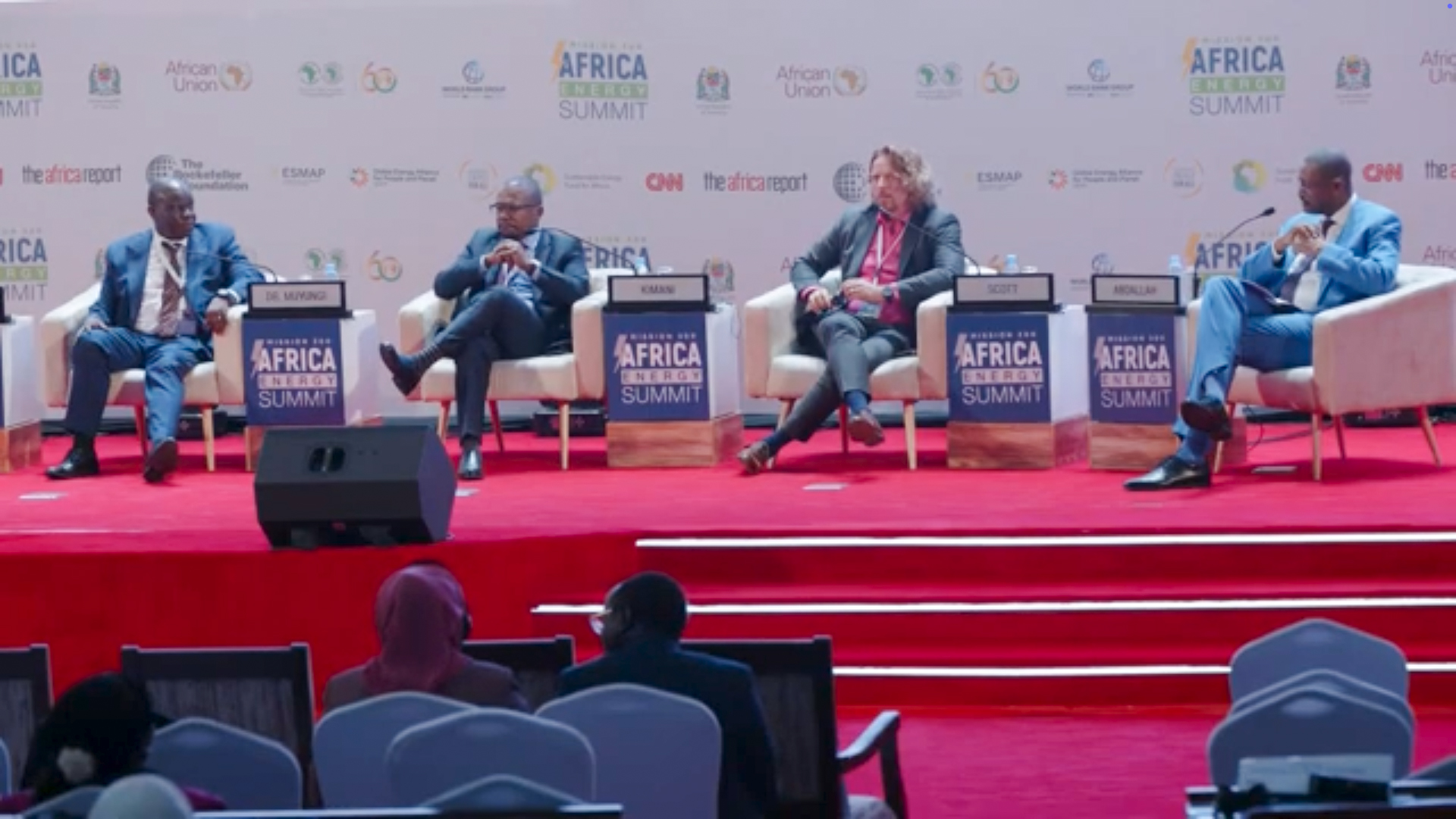Report: Mohammed A.Abu
A quite impressive mineralisation encountered at the Kpali Gold Prospect under the Wa Gold Project announced recently by Castle Minerals comes as a further boost to the Upper West Region’s image as an emerging gold province
The project with multiple prospects is the single largest commercial gold concession in the entire Northern sector that promises to offer a maiden commercial mining operation in the region.
Castle Executive Chairman, Stephen Stone, commented “The Kpali Gold Prospect is developing into a robust discovery and is a strong indicator that we may be dealing with a new West African gold mining camp in Ghana’s emerging northern region.
“The latest intercepts include some very decent widths and grades at shallow depths with good continuity which can have considerable positive impacts should mining be considered.
“We have intersected a very impressive 12m at 8.29g/t Au from 25m, including 6m at 11.60g/t Au from 31m and a peak 1m intercept of 20.43g/t Au at 36m in a ‘hangingwall’ lode, and also 4m at 4.16g/t Au from 95m in a lower ‘footwall’ lode. Apart from these standout results, very strong mineralisation has been encountered within most holes drilled, implying that with additional drilling we may be able to delineate a decent high value deposit.
“We are very keen to get back drilling and to extend the Kpali Gold Prospect discovery as well as to follow-up historical drilling at the nearby Bundi discovery, 4km north. There are also several other enticing prospects in the broader Kpali Gold Project area.
“These drilling results follow excellent recent results from four holes at the Kandia Prospect, a second and separate gold discovery associated with a relatively underexplored 16km prospective contact between Birimian metasediments and a granite intrusion.
“Recent intercepts at Kandia included 7m at 3.36g/t Au from 149m within 24m at 1.78g/t Au from 139m and 5m at 3.49g/t Au from 82m within 11m at 2.26g/t Au from 79m.
“These deposits lie in a classic setting for major gold deposits in West Africa and in particular northern Ghana which hosts the Cardinal Resources 5.1Moz gold Namdini deposit and the Azumah Resources 2.8Moz gold Black Volta Gold Project.
“The latter’s high-grade Julie deposit is immediately along strike from Kandia. West Africa is where big gold discoveries can be and are still being made. With the gold price now at a level I could only dream of when starting my career, it’s the perfect time to be exploring Castle’s two new discoveries in the very stable, safe and mining friendly jurisdiction of Ghana
“Castle Minerals Limited (“Castle” or the “Company”) advises that a recently completed eight-hole, 1,106m RC drill programme at its Kpali Gold Prospect in Ghana’s Upper West Region (“Project”, “Kpali”) has intersected mineralisation in all holes including 12m at 8.29g/t Au from 25m including 6m at 11.60g/t Au from 31m and a peak 1m intercept of 20.43g/t Au at 36m in an interpreted ‘hangingwall’ lode and then 4m at 4.16g/t Au from 95m in a lower “footwall” lode (24KPRC010).
“Additional intercepts included 7m at 2.23g/t Au from 35m(24KPRC011) including 11m at 2.24g/t Au from 50m, 5m at 3.6g/t Au from 78m (24KPRC012), 9m at 4.81g/t Au from 107m (24KPRC015) and 3m at 3.08g/t Au from 78m (KPRC017).
“These results confirm the Kpali Gold Prospect, just one of several prospects within the broader Kpali Gold Project, as a robust discovery in a completely new district within Ghana’s emerging Northern Region exploration frontier.
“With several other high conviction prospects yet to be evaluated in the area, including the nearby Bundi, Kpali East, Wa South East and Wa South West prospects, there appears to be present all the hallmarks of a new West African mining camp and the possibility of a considerable gold endowment.
“The Kpali Gold Prospect lies within a mineralised corridor associated with a 30m to 50m wide zone of structural deformation immediately west of a granite intrusion.
“Three drilling programmes have identified near-surface, shallow plunging high-grade lode-style mineralisation to a depth of at least 100m. Multiple, closely-spaced mineralised lodes have been identified over at least 650m strike.
“Overall, the geological setting at the broader Kpali Gold Project is of typically structurally-controlled, orogenic style mineralisation within Birimian terrane. This is a similar setting as that hosting several worldclass gold mining operations in Ghana and West Africa generally. Orebodies with these characteristics can often extend to considerable depth.
“This latest drilling programme focused specifically on extending zones of high-grade, lode-based mineralisation that appears to plunge to the north. Better intercepts (>1g/t Au, max 2m internal dilution) from the eight holes completed included: • 12m at 8.29g/t Au from 25m (24KPRC010) incl. • 6m at 11.60g/t Au from 31m and • a peak 1m intercept value of 20.43g/t Au at 36m and • 4m at 4.16g/t Au from 95m among others
“These latest results enhance the confidence obtained from the two prior programmes which included 4m at 3.66g/t Au from 26m, 3m at 5.20g/t Au from 125m, 28m at 2.26g/t Au from 81m including 5m at 8.41g/t, 10m at 2.01g/t Au, 5m at 4.53g/t Au, 11m at 1.86 g/t Au from 143m and 3m at 5.20g/t Au from 125m
“Northern Ghana and the Kpali Gold Project A compelling driver for exploring Northern Ghana’s Kpali Gold Project is its advantageous location at the convergence of two major greenstone belts (Bole-Bolgatanga and Wa-Lawra/Boromo) and three regional-scale structures.
“These are all associated with gold deposits. This supports the thesis that the region provides a large and prospective “search base” for the discovery of a major new West African mining camp. Northern Ghana has more recently seen two of West Africa’s better discoveries and success stories.
“The 5.1Moz Namdini gold deposit, discovered by Cardinal Resources Limited prior to its takeover by Shandong Gold Limited in 2020, has just been commissioned and lies on the same Bole-Bolgatanga Birimian greenstone belt as Castle’s Kandia discovery.
The Azumah Resources Limited owned 2.8Moz Black Volta Gold Project (“BVGP”) is earmarked for development in 2025. A majority of this gold was discovered by Castle’s Executive Chairman, Stephen Stone, under his former stewardship of Azumah. Castle’s Kandia mineralised trend is immediately along strike of the BVGP’s high-grade Julie deposit.
The discovery of mineralisation at the Kpali Gold Project’s Kpali, Bundi, Kpali East, Wa South East and Wa South West prospects are essentially “blind” discoveries in that the bedrock hosting mineralisation is largely obscured by extensive but generally shallow soils and alluvium.
This explains the lack of artisanal mining activity which often leads explorers into a new area. Castle’s structured and systematic approach to exploration in this environment is proving highly effective across its extensive tenure.
What’s next at Kpali?
The enormous encouragement from this latest drilling campaign at the Kpali Gold Prospect, and the presence of several other high conviction targets within the Kpali Gold Project, the announcement continues, reinforces Castle’s belief that one or more material discoveries could be made.
“Once the information provided by this latest round of drilling has been fully processed, integrated with existing data and fully interpreted, a follow-up drilling campaign will be designed and implemented.
“Kandia and other Wa Gold Project prospects The Company’s Wa Gold Project comprises extensive tenure prospective for gold within Ghana’s Upper West Region. As well as the Kpali Gold Project and the Kandia Project, there are many other targets worthy of investigation on a prioritised basis.
“Recent intercepts at Kandia included 7m at 3.36g/t Au from 149m within 24m at 1.78g/t Au from 139m and 5m at 3.49g/t Au from 82m within 11m at 2.26g/t Au from 79m (refer ASX release 28 Jan 2025 ‘Excellent Gold Intercepts from Drilling at Kandia Prospect’).
West Africa is one of the world’s premier regions to be exploring for gold, delivering an enviable fifteen discoveries of over two million ounces each since 2012. Ghana’s northern region is now considered one of the best areas to find more of these. Ghana is rated one of Africa’s most preferred jurisdictions for exploration and mining.
It is Africa’s number one gold producer at over 5Moz in 2024 and is the sixth largest gold producer in the world. It is host to several massive deposits operated by Tier-One companies such as Newmont, AngloGold-Ashanti and Zijin, which recently paid Newmont US$1 billion for its Akyem mine
